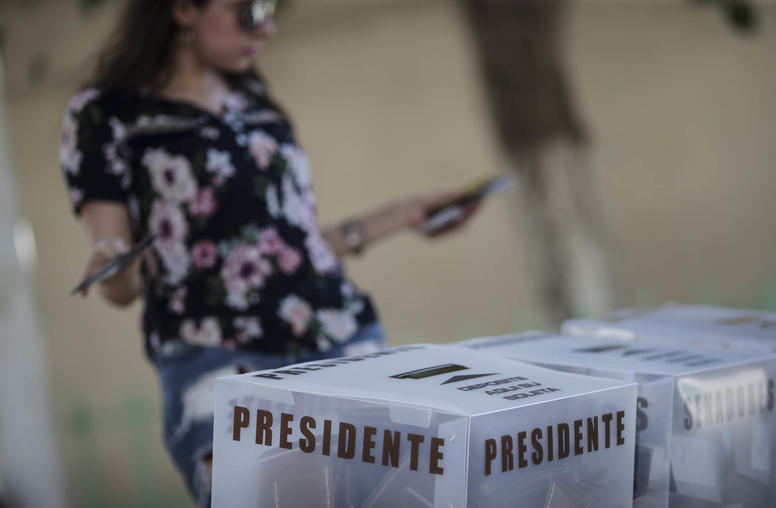Stuck in the 'Man Box': Young Men, Identity and Why It Matters
In U.S. and Abroad, Rigid Cultures Still Isolate Men
Provider, guardian, hero – cultural changes have been loosening these narrow roles for men, right? Maybe not as much as we think. New research on attitudes in the United States, United Kingdom, and Mexico finds most men still feeling pushed to live in the ‘Man Box,’ a rigid construct of cultural ideas about male identity. USIP and the authors, partners, and sponsors of this research hosted a discussion on March 30 to discuss what these findings mean for men, women, and the prospects for peaceful societies.
We know that the Man Box impacts men's everyday lives and relationships: encouraging them to be aggressive, repress emotions, and to isolate themselves. This new research helps fill in this still poorly understood picture: Just how do gender expectations such as the Man Box lay foundations for isolation in men's own lives, within relationships, and in society; and what can we do to change them?
An example of the findings: 59 percent men in Mexico and 64 percent in the United Kingdom said society tells them men should act outwardly strong even when they feel scared or nervous inside. That perception was strongest in the United States, where 75 percent agreed. The new data may challenge stereotypes and suggest specific areas for new work.
This research was led by Promundo, a nonprofit organization founded in Brazil that engages men to promote gender equality and prevent violence in over 40 countries. It was supported by Axe, the male grooming brand, as part of its mission to help men around the world break out of the Man Box.
USIP experts, alongside the report's authors from Promundo, advocates, academics, and Axe discussed how to unwrap the findings of this study and examined how they could help policy makers, practitioners, and the private sector to shift norms around manhood and contribute to gender equality and lasting peace.
Continue the conversation on Twitter with #USIPGender.
Speakers
Gary Barker
President and CEO, Promundo-US
Brian Heilman
Fellow, Promundo-US
Darius Kemp
Director of Mobilization, The Representation Project
Michael C. Reichert
Executive Director, Center for the Study of Boys' and Girls' Lives, Graduate School of Education, University of Pennsylvania
Kathleen Kuehnast
Director of Gender Policy and Strategy, USIP
Rik Strubel
Global Vice President, Axe
Yahir Zavaleta
Executive Director, HIV Young Leaders Fund




